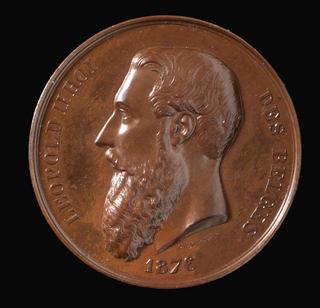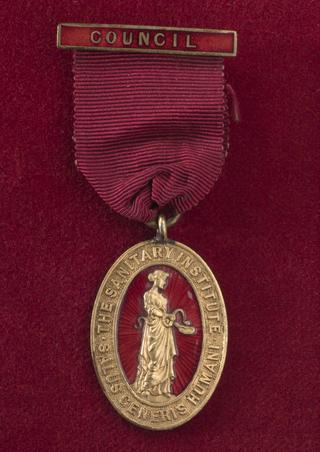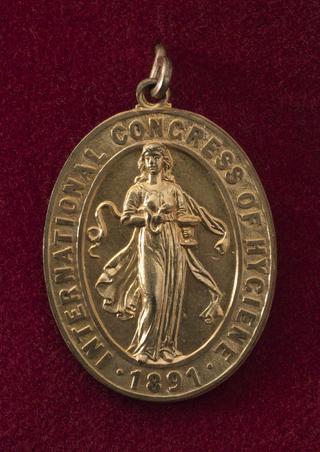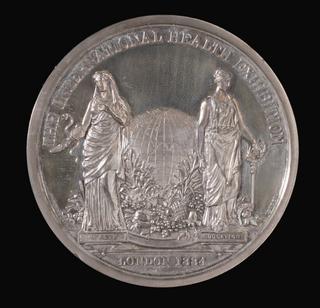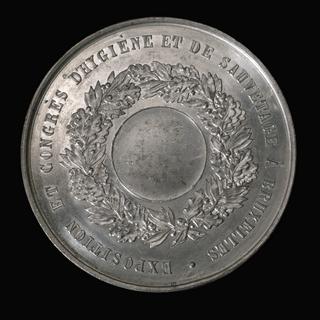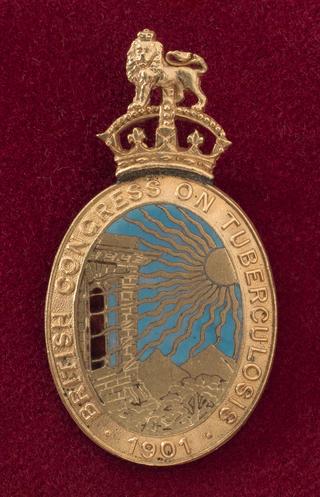




Two bronze medals, struck to commemorate Florence Nightingale's work in the Crimea, by Pinches, London, 1856-1880
Florence Nightingale is one of the most famous women in Victorian medicine. Although she is best remembered for her work during the Crimean War (1853-56), Nightingale fundamentally changed the role of nursing in hospitals, and was a key figure in introducing new professional training standards.
In late 1854, following reports about the dreadful conditions and lack of medical supplies affecting injured soldiers fighting the Crimean War, Nightingale was invited by the Secretary of War to oversee the introduction of female nurses into military hospitals in Turkey. Formulating her own theories around infection, Nightingale worked to drastically reduce the numbers of soldiers dying from illnesses such as typhus, caused by poor standards of cleanliness.
Details
- Category:
- Wellcome Medals
- Collection:
- Sir Henry Wellcome's Museum Collection
- Object Number:
- A670729
- Materials:
- bronze
- type:
- personal medals
